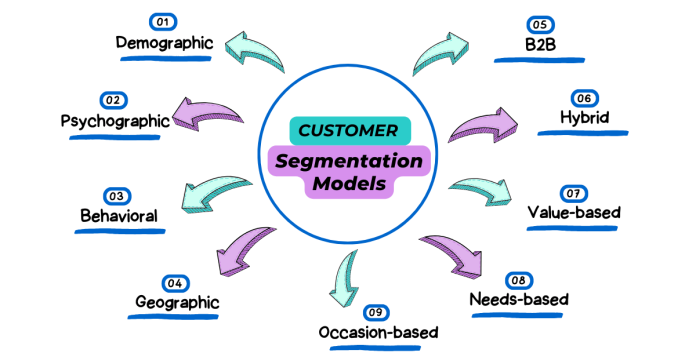In today’s hyper-competitive digital marketplace, personalized marketing is key to customer retention and revenue growth. One of the most powerful ways to achieve personalization is through customer segmentation—and your CRM tool can help you master it. In this post, we’ll explore what customer segmentation is, how to do it effectively using a CRM, and weigh the pros and cons of CRM-driven segmentation in 2025.
What is Customer Segmentation?
Customer segmentation involves dividing your customer base into distinct groups based on shared characteristics. These segments may be defined by demographics, behavior, purchase history, engagement levels, or geographic location. The goal is to tailor communication, offers, and service to each group’s specific needs.
Using a CRM (Customer Relationship Management) platform simplifies and automates this process, making segmentation more scalable and effective.
Benefits of CRM-Powered Segmentation
1. Personalized Communication
CRM tools allow you to send emails, offers, or product recommendations tailored to each segment, increasing engagement rates.
2. Improved Customer Retention
Segmented outreach helps businesses build stronger relationships with customers, making them more likely to return.
3. More Effective Campaigns
Marketing becomes more cost-efficient when you target the right audience with the right message.
4. Sales Optimization
Sales teams can focus their efforts on the most promising segments, improving conversion rates and average order value.
How to Segment Customers Using Your CRM
Step 1: Collect Comprehensive Data
Your CRM should be collecting both basic and behavioral data:
- Demographics (age, gender, location)
- Purchase history
- Website interactions
- Email engagement
- Support tickets or inquiries
Step 2: Define Segmentation Criteria
Use this data to create segments like:
- First-time buyers
- VIP/high-value customers
- Cart abandoners
- Newsletter subscribers
- Inactive users
Step 3: Use Automation Rules
Modern CRM tools like HubSpot, FluentCRM, Zoho CRM, and ActiveCampaign allow you to set up automation rules. These can trigger emails, add tags, or change contact status based on a customer’s actions.
Step 4: Launch Targeted Campaigns
Once your segments are in place, create tailored marketing strategies:
- Special offers for VIPs
- Re-engagement emails for inactive users
- Personalized onboarding for new customers
Step 5: Monitor Performance
Track KPIs like open rates, click-through rates, conversion, and churn. Adjust segments and campaigns based on performance data.
Top CRM Tools for Segmentation
HubSpot CRM
- Pros: Powerful segmentation and automation tools, free tier available
- Cons: Advanced features locked behind paid plans
FluentCRM
- Pros: Built into WordPress, great for bloggers and coaches
- Cons: Limited advanced analytics unless extended
Zoho CRM
- Pros: Flexible custom fields and filters
- Cons: Interface can be overwhelming for beginners
ActiveCampaign
- Pros: Best-in-class automation and dynamic segmentation
- Cons: Higher learning curve and cost
Pros and Cons of CRM-Driven Segmentation
Pros:
- Enables hyper-targeted marketing
- Saves time with automation
- Increases ROI from campaigns
- Improves customer satisfaction
Cons:
- Requires accurate, clean data
- Misconfigured segments can lead to irrelevant messaging
- Over-segmentation may complicate workflows
Conclusion
Mastering customer segmentation with your CRM can unlock higher engagement, better conversion rates, and long-term loyalty. Start with clear goals and build your strategy around smart data.
